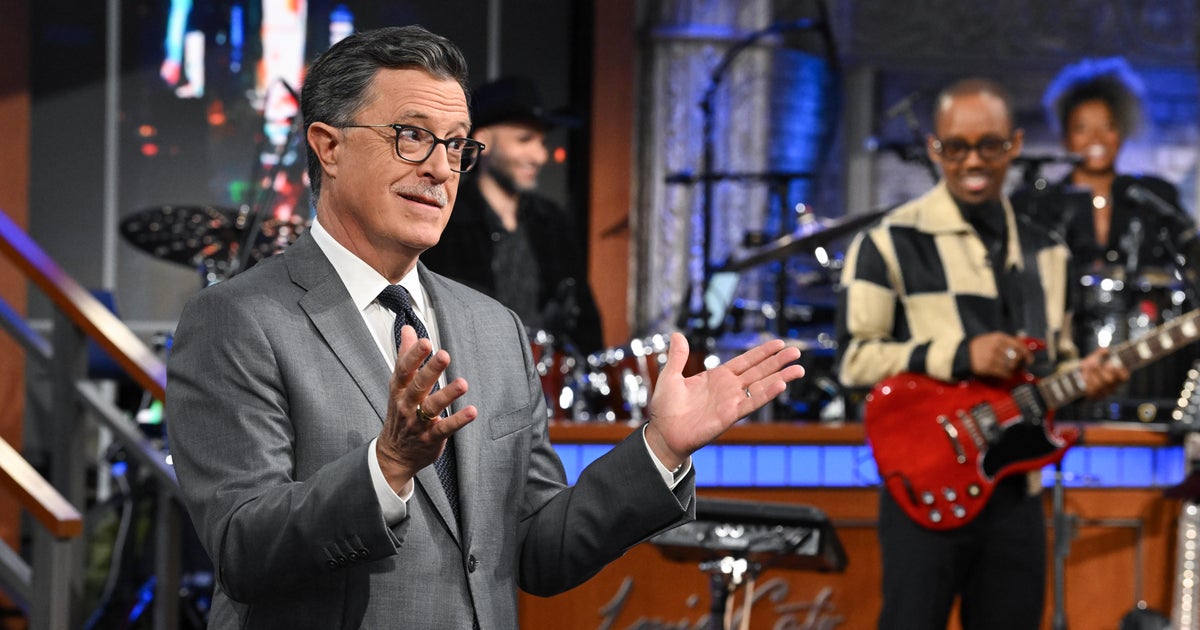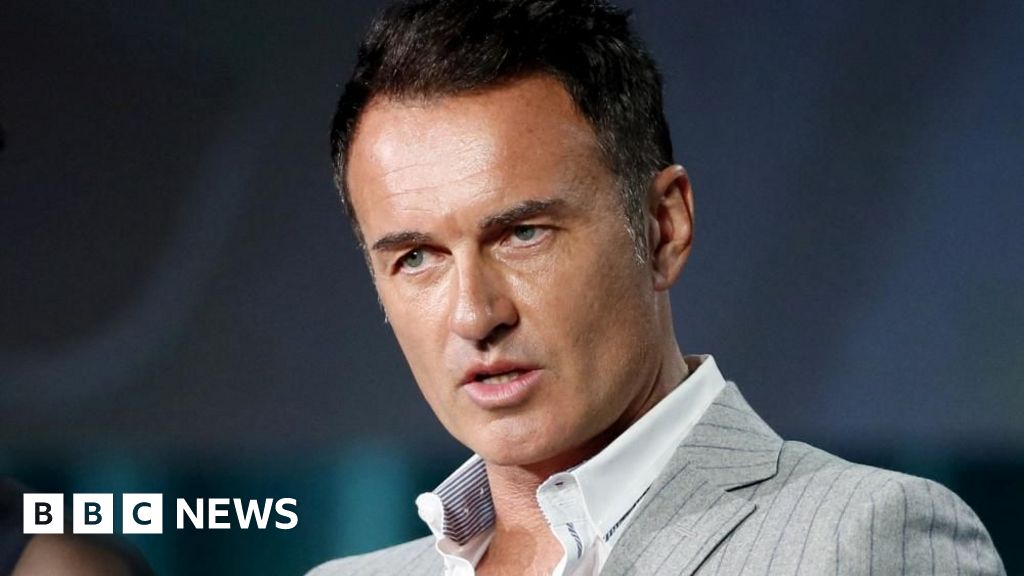The End of an Era for The Late Show with Stephen Colbert

Introduction
The end of an era has been announced for television's longest-running talk show, "The Late Show with Stephen Colbert." CBS has confirmed that the popular late-night franchise will come to a close in May 2026, marking the end of its historic run. The announcement has sparked mixed reactions among fans, with some expressing sadness and others looking forward to the show's legacy.
Behind the Decision
This decision was made as a result of declining viewership and changes in the late-night landscape. With the rise of streaming platforms and the success of other late-night hosts, the show's ratings have been steadily decreasing. This has led to a decrease in advertising revenue, making it less financially viable for CBS to continue the show. Additionally, with the retirement of Colbert in 2023, there would have been a major change in the show's dynamic. The network saw this as the perfect opportunity to end on a high note.
Implications
While the end of the show may bring disappointment to some, it also opens up new opportunities for both Colbert and CBS. For Colbert, it allows him to explore new projects and potentially take a break from the demanding schedule of hosting a late-night show. For CBS, it presents the opportunity to cultivate new talent and potentially revamp their late-night lineup. With the end date still five years away, fans can look forward to many
About the People Mentioned
Stephen Colbert
Stephen Colbert is a renowned American comedian, actor, and television host. Born on May 13, 1964, he initially gained recognition as a correspondent on Comedy Central's "The Daily Show" from 1997 to 2005. During this period, he contributed to the show's numerous Emmy and Peabody Awards wins. One of his notable segments was "This Week in God," where he humorously reported on theological topics. In 2005, Colbert launched "The Colbert Report," a satirical news program that parodied conservative pundits, particularly shows like "The O'Reilly Factor." The show became a huge success, catapulting Colbert to full celebrity status. His appearance at the 2006 White House Correspondents' Association Dinner further solidified his reputation for sharp political satire. He also authored several best-selling books, including "I Am America (And So Can You)" in 2007. In 2015, Colbert succeeded David Letterman as the host of CBS's "The Late Show with Stephen Colbert." Initially, the show faced challenges in finding its footing, but it eventually rose to the top of the ratings, particularly after Colbert began focusing on political humor related to the Trump administration. He hosted the 69th Primetime Emmy Awards in 2017 and has won numerous awards, including nine Primetime Emmy Awards and two Grammy Awards. Colbert continues to be a significant figure in American television, known for his witty commentary and satire. He has also been involved in various other projects, including providing voice work for animated films and co-authoring books. His work has earned him recognition as one of Time's 100 Most Influential People in 2006 and 2012.
About the Organizations Mentioned
CBS
CBS, originally founded in 1927 as the Columbia Broadcasting System, is a major American media company known primarily for its commercial broadcasting, television production, and publishing activities. It began as a radio network established by talent agent Arthur Judson but was soon acquired by William S. Paley, who transformed it into a dominant force in radio by leveraging advertising revenue through large audiences[1][5]. CBS expanded into television early, launching experimental broadcasts in 1931 and pioneering the first color TV broadcast in 1940 from its Chrysler Building transmitter in New York City[1][2]. The network became a leader in television entertainment and news through the mid-20th century, with iconic programs and personalities such as Ed Sullivan, Lucille Ball, and Walter Cronkite contributing to its popularity[3]. CBS also innovated in network news with the Columbia News Service, led by Edward R. Murrow, which established its reputation for serious journalism in the 1930s and 1940s[2]. Throughout its history, CBS diversified into related sectors like recording (Columbia Records) and publishing but eventually refocused on broadcasting and entertainment. It underwent several corporate transformations, including a merger with Westinghouse Electric Corporation in 1995, adoption of the CBS Corporation name, and acquisition by Viacom in 2000. After splitting from Viacom in 2005 and operating independently, CBS re-merged with Viacom in 2019 to form ViacomCBS, which was renamed Paramount Global in 2022. In 2025, CBS became the flagship network of the newly formed Paramount Skydance Corporation following an $8 billion merger with Skydance Media[3][4]. Today, CBS remains a key player in American media, known for its broad programming reach, influential news division, and historical significance in radio and television innovation. Its long-standing presence and adaptability in business and technology make it a cornerstone of the broadcasting industry. CBS’s leadership under President and CEO George Che











